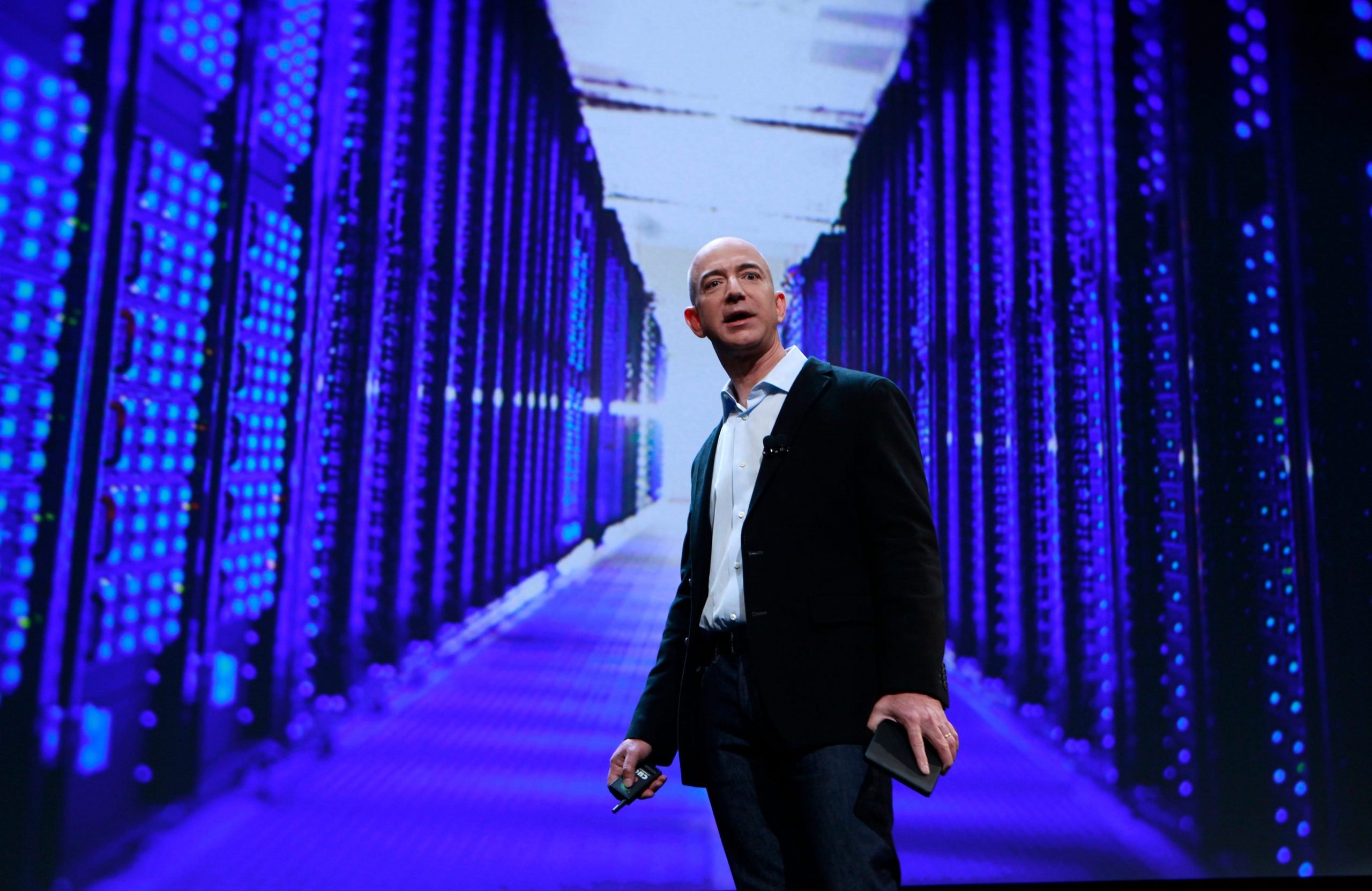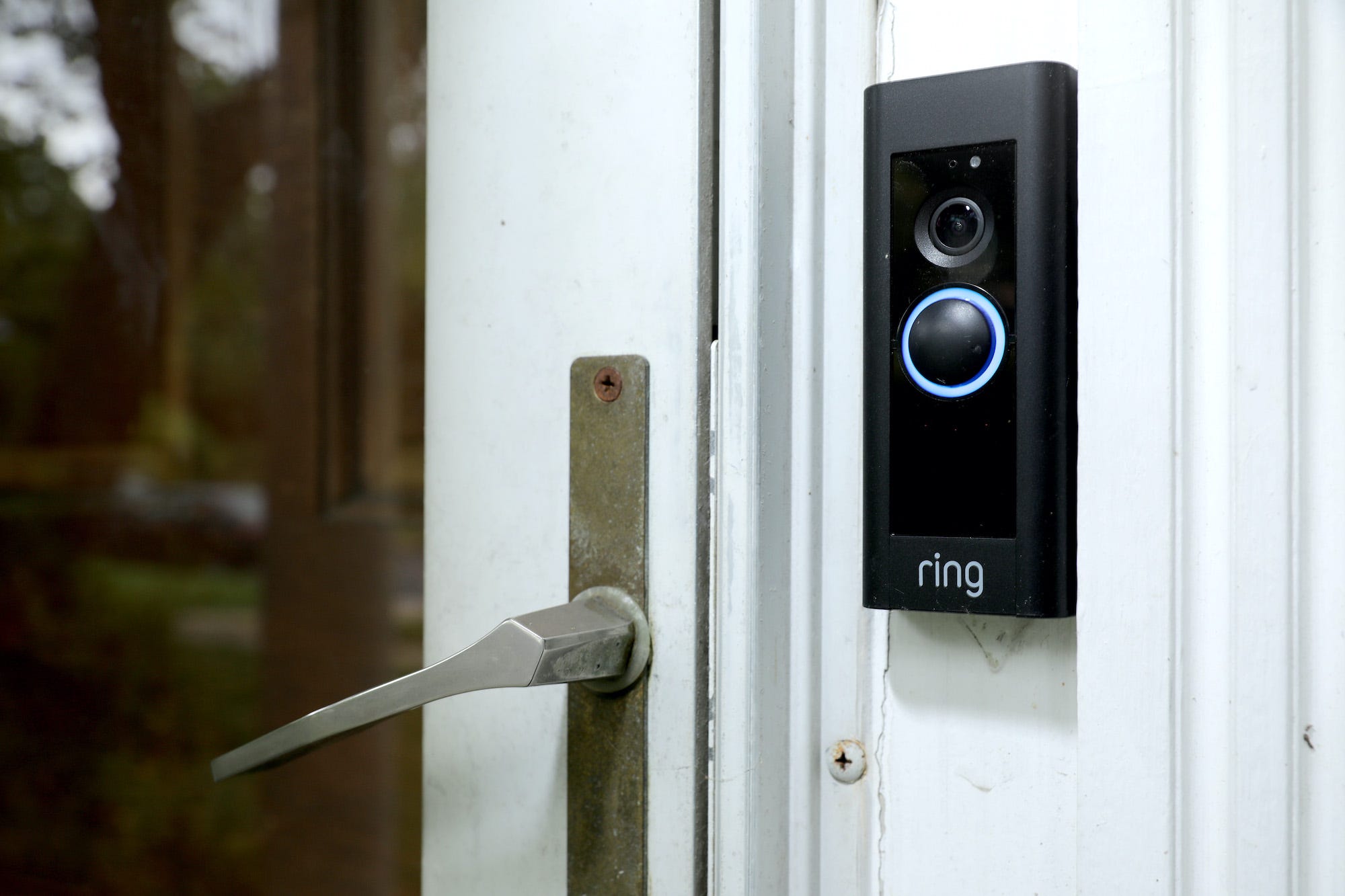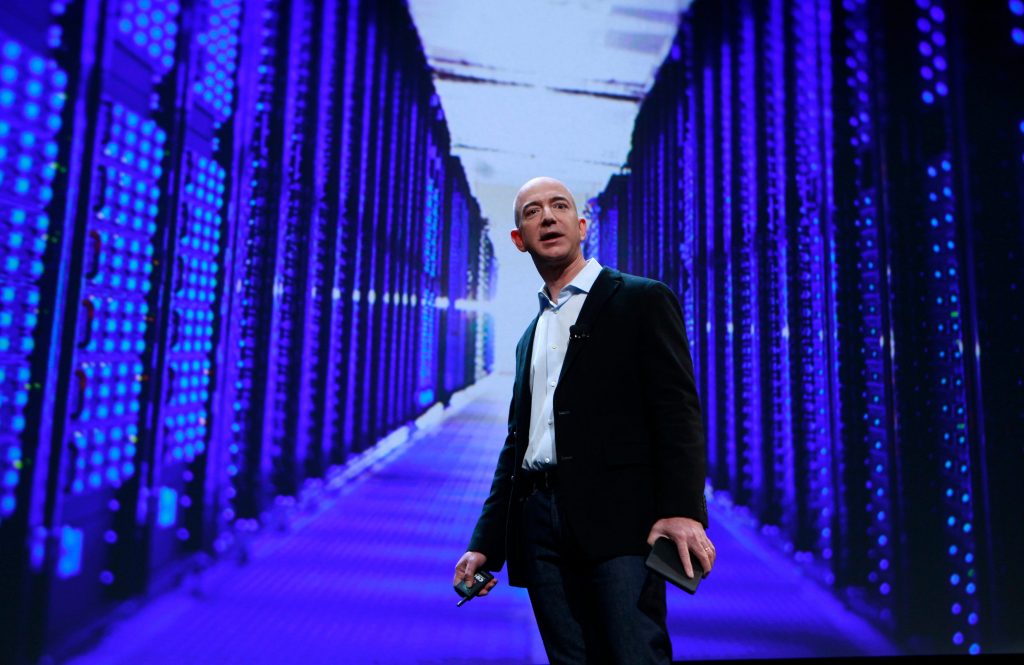
Shannon Stapleton/Reuters
- Amazon on Tuesday will launch Sidewalk, a network connecting Alexa and Ring devices.
- Privacy experts told Insider the network raised concerns about customer data and privacy.
- They highlighted the prospect of potential data leaks and the implications of location tracking.
- See more stories on Insider's business page.
As Amazon prepares to launch its Sidewalk network on Tuesday, privacy and tech experts are discussing whether customers should be worried about their Alexa devices being linked to those owned by neighbors.
"It's only a matter of time before personal information is leaked from these devices," Eric Null, US policy manager and global policy counsel of Access Now, told Insider on Friday.
The Sidewalk network will connect eligible Alexa and Ring devices to others nearby, including those owned by strangers. The connections will expand home-broadband networks and strengthen connectivity, Amazon said.
If one WiFi network slows down, a neighboring network might help boost its speed. Amazon said it would encrypt data sent between devices.
After Amazon announced Sidewalk in 2019, the company faced a backlash from some in the tech world who were concerned about customer data and privacy. Over the last few months, Amazon has been notifying customers, giving them the option to opt out of the network before its June 8 launch in the US.
Users who don't opt out will be able to do so after the launch. New customers will be asked whether they want to turn on Sidewalk as they set up their Echo or Ring devices.
Some privacy experts said the network wouldn't raise new concerns for customers who were happy with the privacy settings on their Alexa devices.
"If you're already comfortable with the Amazon Ring and Echo systems, there's no additional privacy loss," said Jon Callas, director of technology projects at the Electronic Frontier Foundation. "Their work on the security and privacy is pretty good."

Chip Somodevilla/Getty Images
Others said they were concerned about the newest and largely untested Sidewalk features, which were sure to be targeted by hackers as they rolled out around the US.
Device owners linked into the Sidewalk network won't be able to control the security settings on neighboring networks or devices, even as their personal data runs through them, said Lourdes M. Turrecha, a professor at Santa Clara University and founder of The Rise of Privacy Tech.
"To be fair, Amazon has stated that the data will be encrypted. That said, given the fight over encryption backdoors, Amazon Sidewalk poses increased surveillance threats, and is another monumental step in surveillance capitalism," Turrecha said.
Amazon's roadmap for Sidewalk would likely include new business opportunities for the tech giant, said Ben Wood, chief analyst at CCS Insight, in an emailed press statement.
Amazon has also announced a Sidewalk Developer Service, inviting manufacturers to build devices that would work on the Sidewalk network.
"I anticipate that we'll see a flurry of innovative use cases for Sidewalk over the next 12 to 18 months as a growing number of third-party companies embrace it to offer micro-tracking and more," Wood said.
Evan Greer, director of Fight for the Future, told Insider that Sidewalk was "just Amazon's latest move to solidify and entrench their ever-growing surveillance empire."
Greer added: "They envision a world awash in Amazon devices that constantly watch us, listen to us, monitor our heartbeats, analyze our emotions and record our movements. Sidewalk is an attempt to lay the foundation for that dystopia."
The company published a white paper and launched a website with details about the tech behind Sidewalk.
Customers who are linked in to Sidewalk would "contribute a small portion of their internet bandwidth" to the network, according to Amazon. The network would then use Bluetooth and other frequencies to expand customer networks.
"But of course, there has been a history of similar insecure technologies like WEP encryption and Bluetooth," said Null. "Amazon will be opening up millions of new vulnerable spots in the network by automatically enrolling so many Amazon devices into the network."
Callas said Sidewalk may also increase worries about location tracking. Amazon's partnership with Tile has led to concerns about stalking, although the company has said it's working to fix issues, he said. "We'll have to see how good it is," he said.
When Sidewalk was announced, much of the concern was about its launch as an opt-out feature. Those concerns haven't gone away.
"The right way to go about this would've been to build the case for the mesh network, allow people to join via opt-in, and then build on the project from there," Null told Insider. "That option is of course more difficult, which is why Amazon went with the option that benefits it the most, but that's no excuse for taking such an irresponsible action."
An Amazon spokesperson declined an interview request ahead of the launch.
